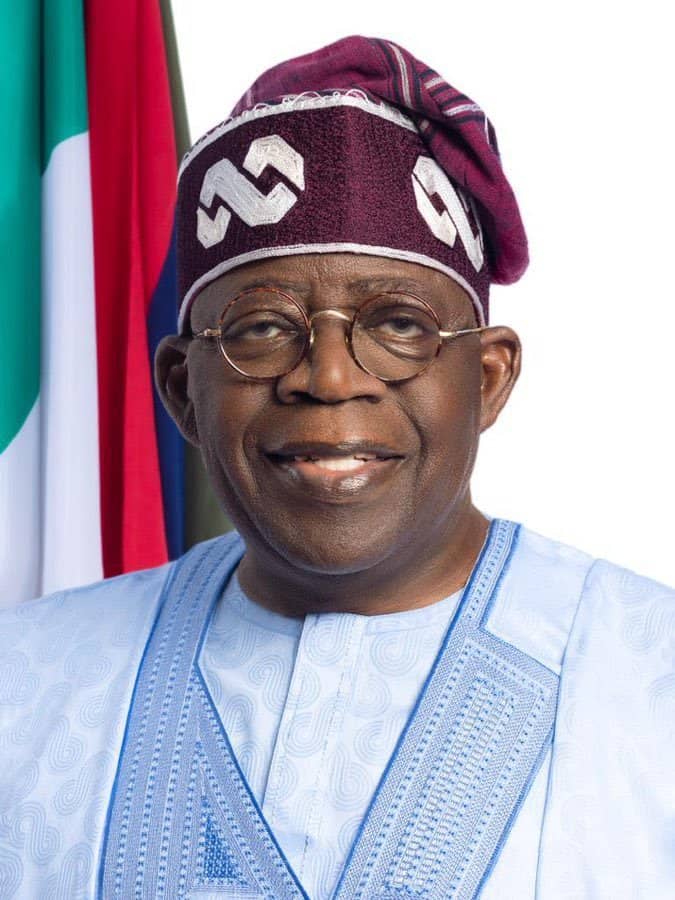…As Portfolio investors gain in Nigeria’s $17b capital inflow
Jumia and Konga, two major players in the eCommerce market are creating visible excitement in the space with eye-catching listing of their shares on the international market.
Jumia is planning an initial public offering (IPO) in New York this year which will reportedly see the business valued at $1.5 billion. Elsewhere, Konga, Nigeria’s biggest Omni- channel eCommerce group, is also reportedly set for a major listing on either the London Stock Exchange or New York Stock Exchange (NYSE) by the last quarter of 2020.
Konga Group is set for an initial public offering that will see the eCommerce giant valued at about $3.2b, further shoring up the potential of the eCommerce industry in Nigeria, Africa’s biggest market.Investigations reveal that Mark Jessey, a prominent stock analyst on NYSE had hinted of the strong possibility of aKonga IPO before the end of next year.
A move which, according to him, is a much sought-after one by investors, many of whom have followed within the last 8 months the huge strides and trajectory of the business which came under new ownership after the exit of previous majority investors, Naspers and AB Kinnevik.
While Jumia’s successful listing could help MTN reduce its debt which unconfirmed reports indicate to have increased to over five billion dollars in June from about $4.1b at the end of 2017, Konga’s imminent IPO is one that should see the business excite a horde of potential investors, going by the current standing of the company.
Commenting on the likely listing of Konga, Chris Uwaje, Africa chair for IEEE World Internet of Things (WIoT), noted that the company has added huge value to the e-commerce landscape which should see its value gross over $3.5b.
“Within the last seven months, I am aware that the new owners of Konga have repositioned the company strategically and upped the overall value of the business. Konga could claim to be unarguably the most structured e-Commerce company in Africa, with huge infrastructure and technology back-bone which is rare in Africa and which is the strength of global players such as Amazon and Alibaba.
In valuing Konga, you must consider its strategic 360 degrees Omni-channel strategy, their Central Bank of Nigeria-licensed mini bank – KongaPay which I am sure cannot be valued anything less than $750m and best in Africa digital logistics division known as Kxpress with a nationwide network. I know Konga is likely the only company that does about ninety percent of her long haul and last mile deliveries in the continent.
In the meantime, the record of foreign inflow into the country in 2018 at $16.81 billion has shown that investors targeted portfolio investments also known as “hot money” rather than establishing institutions and staking in existing ones. Hot money, as it is called, is frequently transferred among financial institutions in an attempt to maximise interest or capital gain and could easily be pulled out by the investor depending on his/her perception of the business environment.
Specifically, hot money investments are targeted at bonds and money market instruments. They are major part of foreign investments inflow, which also exerts pressure on the naira and national reserves every time the investor’s perception of the economy is negative. The move leads to capital flight.
The National Bureau of Statistics (NBS) said the total value of capital importation into Nigeria rose to $16.81 billion in 2018 from the $12.23 billion tally of 2017, representing a 37.49 per cent growth.Of the sum, portfolio investment accounted for $11.8 billion, 70.20 per cent of the total.
This was followed by Other Investment, made up of trade credits, loans, currency deposits and other claims, representing 22.69 per cent ($3.82 billion) while Foreign Direct Investment (FDI) only fetched in a paltry 7.11 per cent ($1.19 billion).A further breakdown shows that foreign investors as well as their local counterparts took advantage of the high-yielding government securities and the expanding commercial paper issuing companies to stake more in portfolio investment.
The investor’s perception of the country’s business environment ended in steep descent on a quarterly trend analysis, as Q1 recorded $6.3 billion capital importation, followed by the year’s first decline to $5.51 billion in Q2 and a plunge to $2.85 billion in Q3, while Q4 had $2.14 billion.Top five sectors to attract inflow were shares, with $10.43 billion; banking, $2.02 billion; financing, $1.48 billion; servicing, $1.29 billion; and production, $671 million.
Meanwhile, the European Commission has added Nigeria, Ghana, Saudi Arabia and other jurisdictions to a blacklist of nations that pose a threat owing to lax controls on terrorism financing and money laundering.The move, according to the body yesterday, is part of a crackdown against money laundering after several scandals hit EU banks in recent months.
But the decision has, however, drawn criticisms from several allies about their economic relations with the affected nations, notably Saudi Arabia.Other criterion employed to blacklist countries include insufficient cooperation with the EU as well as lack of transparency over the beneficial owners of companies and trusts.Besides reputational damage, inclusion on the list complicates financial relations with the EU. The bloc’s banks would have to carry out additional checks on payments involving entities from listed jurisdictions.
Guardian NG



















